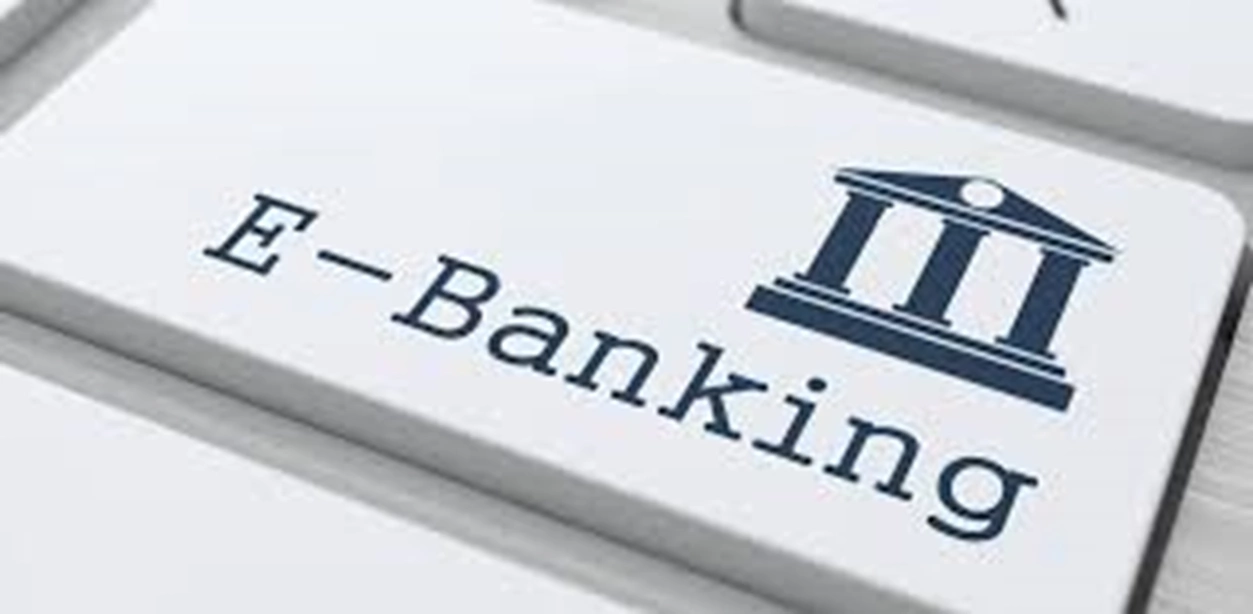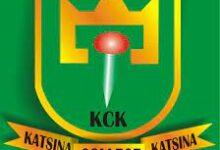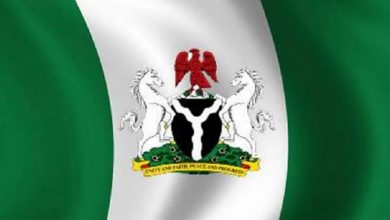History of e-Banking In Nigeria
E-banking (electronic banking in full) is the use of electronic devices such as computers and phones to carry out bank transactions.
With e-banking, there is use of electronics, PINs (Personal Identification Numbers), electronic cards, POS (Point of Sales) terminals and ATMs (Automated Teller Machines) in place of cheques and withdrawal booklets or slips.
👉 Relocate to Canada Today!
Live, Study and Work in Canada. No Payment is Required! Hurry Now click here to Apply >> Immigrate to CanadaE-banking is convenient and can be done anywhere and at any hour of the day. It has a long history worldwide. However, I centre this article on the history of e-banking in Nigeria.
Read Also: 4 Ways To Do GTBank Mobile banking In Nigeria

Many people ask ‘when was electronic banking introduced in Nigeria?’ Instead of a literature review on electronic banking in Nigeria, this is a brief history of electronic banking in Nigeria.
In 1986, the Ibrahim Badamasi Babangida administration introduced the Structural Adjustment Programme (SAP). This programme involved getting loans from International Monetary Fund (IMF) and the World Bank to stabilize the country’s economy.
As a result of this SAP, the policies and structure of the banking sector changed. The number of banks increased from 40 in 1985 to 125 in 1991.
Licenses were given and more banks sprang up as a result. The teeming number of banks led to stiffer competition and aggressive marketing strategies were utilized.
E-banking was employed as one of these strategies, as commercial banks became better informed of the importance of electronic banking in Nigeria.
Today, there are various forms of e-banking used in Nigeria. They include: ATM, mobile banking, electronic bill payment, POS and Electronic Cheque (e-cheque).
👉 Relocate to Canada Today!
Live, Study and Work in Canada. No Payment is Required! Hurry Now click here to Apply >> Immigrate to CanadaThe aforementioned cover basically the scope of electronic banking in Nigeria. Each method will be evaluated below:
Read Also: The Impacts of Banking Industry on Nigeria’s Economy
History of Automated Teller Machine (ATM)
This is the most popular form of e-banking in the country. These days, it is almost a given that as soon as one opens an account in any bank, he or she automatically gets an ATM card.
Following the Structural Adjustment Programme mentioned above, the National Cash Registers (NCR) installed Nigeria’s very first ATM for the now defunct Society Generale Bank, in 1987. However, the ATM was introduced into the Nigerian market in 1989.
Several banks keyed into this innovation, to provide round-the-clock services. The first bank to introduce its customers to the use of ATMs was Moribund Societe Generale, in 1990.
In 1991, First Bank -a first generation bank that still exists till today- introduced the use of ATMs in their branches. They called their ATMs ‘First Cash’. From then on till today, the use of ATMs has spread across all banks and customers in Nigeria.
History of Mobile banking
Mobile banking is the act of transacting banking activities on a mobile phone. It is a very convenient method of e-banking that can be done right in one’s home. This method of e-banking dates back to a few years ago.
In order to activate mobile banking on your phone, you have to apply for this facility at your bank. After completing the steps as directed by the bank, you can download the app and activate it with the PIN.
A wide range of transactions can be carried out on the mobile phone. Most mobile banking apps need internet service.
At this point, I would like to state that there are some SMS mobile banking methods that do not use internet service.
All you need is to send an SMS with certain codes to specified numbers. An example of this is the Guaranty Trust Bank (GTB) *737# that can be typed into any type of phone to either recharge airtime, buy data, transfer money, check account balance etc.
Read Also: Problems And Prospects Of Electronic Banking In Nigeria
History of Electronic bill payment
This method of paying bills through electronic devices dates back to over 7 years. Electronic bill payment is the payment of regular bills with electronic devices such as ATMs, mobile phones or computers. Bills that can be paid through this means include electricity bills, cable bills, phone bills, water bills, internet bills etc.
On the internet, there are several sites such as Paga through which anyone can pay different bills or even buy JAMB or WAEC forms or scratch cards.
All you need to do is visit the website, register and transact. Electronic bill payment has however not been as widely embraced as the use of ATM.
Many Nigerians do not utilize this easy method either because they are used to paying to tellers, want a regular hard copy receipt of payment to prevent disconnection, ignorant or they simply do not trust this new method of payment.
They stay completely away from electronic banking in Nigeria problem and prospects. Electronic bill payment is however an easy and efficient way of paying household bills.
History of POS in Nigeria
Point of Sales (POS) is a portable electronic machine into which ATM cards can be slotted and goods can be paid for digitally.
This gadget is used in place of physical cash at retail stores. The payment process involves the slotting in of the debit card, input of total amount for goods bought, input of the customer’s PIN and sending of the data. Merchants who have POS connect digitally to their banks.
When payments are made, they are in form of transfers from the customer’s account to the seller’s account. Point of Sales is still a fairly new method of e-banking in Nigeria, as Nigerian stores began using POS less than 15 years ago, as against the earliest form of Point of Sales software made in 1986 by Gene Mosher. While big stores in the country have several POS ports, most shops in Nigeria do not have such machines.
Read Also: The Role of the Banking Sector in Economic Growth of Nigeria
History of Electronic Cheque (e-cheque)
Before I delve into this method of e-banking, I want to point out that Nigerians based in Nigeria are usually recipients of e-cheques, not issuers.
E-cheques are, as the name suggests, cheques issued over the internet by an employer to his/her employee. They have as much value as physical cheques.
Usually, these cheques are issued by employers who are geographically distant from their employees, especially when such employees are spread all over the world. Nigeria bloggers and bloggers all over the world get e-cheques from advertisers and other business partners such as Google Adsense.
Electronic cheques have been in use in Nigeria for decades. However, there has been a boom in the blogging world and as a result; this option of e-payment is more popular.
The various methods of e-banking in Nigeria as well as their histories have been illustrated above. It goes to show that technology is improving in the banking sector globally and our dear country Nigeria is definitely moving with the trend.







